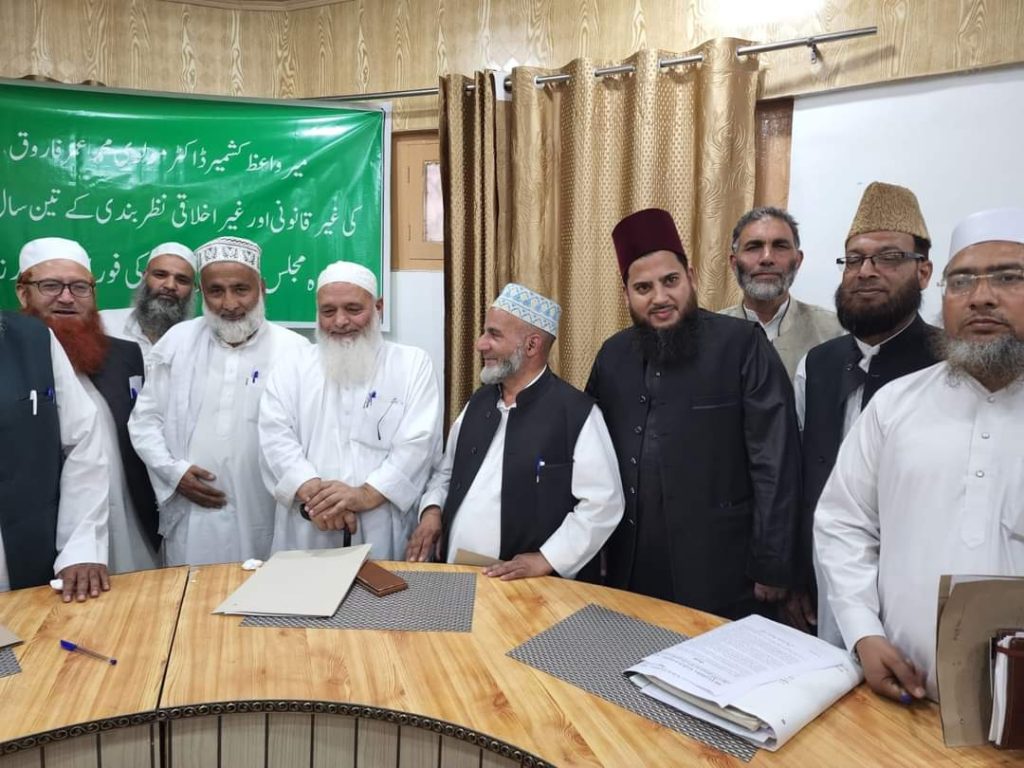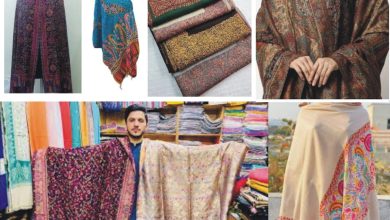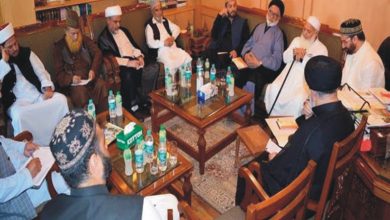IIOJK’s leading Muslim body opposes Waqf Act amendments, threatens protest
 Srinagar: The Mutahida Majlis-e-Ulema (MMU), a leading coalition of Islamic organizations, ulemas, and religious institutions in Indian illegally occupied Jammu and Kashmir, has issued a strong statement opposing the proposed amendments to the Waqf Act.
Srinagar: The Mutahida Majlis-e-Ulema (MMU), a leading coalition of Islamic organizations, ulemas, and religious institutions in Indian illegally occupied Jammu and Kashmir, has issued a strong statement opposing the proposed amendments to the Waqf Act.
According to Kashmir Media Service, the amendments, currently under review by the Joint Parliamentary Committee (JPC), are viewed by the MMU as a significant threat to the religious autonomy and rights of the Muslim community in IIOJK.
Under the leadership of Mirwaiz Umar Farooq, the MMU has formally addressed a letter to Shri Jagdambika Pal, Chairman of the JPC on the Waqf (Amendment Bill) 2024, urging the immediate rejection of the proposed changes. The letter expresses grave concerns that the amendments undermine the core principles of the Waqf system and violate both the religious and constitutional rights of Muslims in Jammu and Kashmir.
The MMU’s letter outlines several key issues with the proposed amendments. One major concern is the provision that grants the government extensive powers to effectively convert Waqf properties into government assets. Another contentious aspect of the amendments is the proposed increase in non-Muslim representation on Waqf boards and councils. The MMU views this change as an attempt to undermine the representation and autonomy of the Muslim community in managing its religious institutions.
The MMU has conveyed that the Muslim-majority population of Jammu and Kashmir feels deeply threatened by these amendments. The organization perceives the proposals as part of a broader effort to erode religious freedom and institutional autonomy for Muslims in IIOJK. The MMU has warned that if the amendments are not rejected, the community will resort to street protests to defend their religious institutions.
In a bid for constructive dialogue, the MMU has requested that the JPC reconsider the amendments and engage in meaningful discussions with the Muslim community. The MMU hopes that the JPC will address their concerns and allow for a delegation from the MMU to meet with the committee for further deliberations. They believe that such engagement is crucial for ensuring that the amendments meet their intended goals without infringing upon religious freedoms of Muslims.








